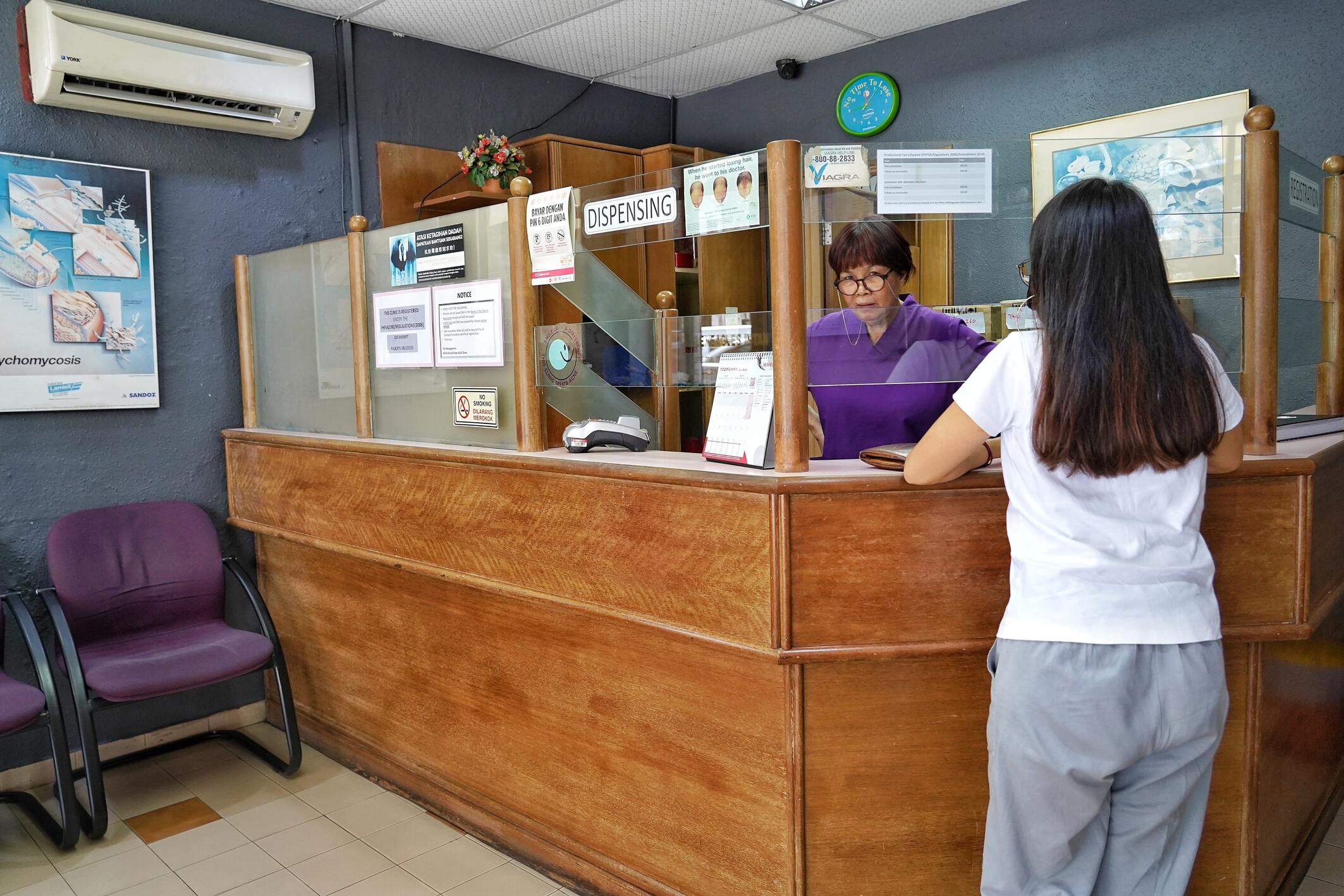Lately, a lot has been written about managed care organisations and how they control and shape health care services in Malaysia, in particular primary care.
In the Ministry of Health’s White Paper, the special focus is on enhancing primary care, whereby it has been proven if we provide better care and prevent illness or diseases at the primary care level, hospitalisations and severe health consequences can decrease significantly, and less people will also die prematurely.
Managed care organisations (MCOs) or third party administrators (TPAs) came into the Malaysian health care landscape more than two decades ago, Their initial objective was to better organise and procure health care services for companies and the population in general, including decreasing health care costs.
However, with the lack of regulatory controls, the number of MCOs and TPAs very quickly mushroomed in over just two decades .
Consequently, many large corporations and companies have started utilising the services of such MCOs and TPAs to source and procure health care services for their staff members.
In the process, various rules, requirements, guidelines, and restrictions have been placed on health care providers in an attempt to control the quantity of services provided, or at times even denying such services due to cost constraints.
It needs to be noted that most MCOs and TPAs are profit oriented. Needless to say, many arbitrary decisions may be implemented based on the bottom line, rather than other pertinent considerations such as quality of services or health outcomes.
Among some of the more contentious requirements that have been enforced is the need for health care providers, usually general practitioners, to pay administrative fees to MCOs and TPAs to be listed as panel clinics.
There are also the need to provide a patient’s health data if requested, and the need to refer patients to panel pharmacies to fill their prescriptions, rather than obtain their medicines at the clinic itself .
On many occasions, the total patient entitlement per visit is capped at a certain limit, and such limits are so low that it is hardly adequate to even cover basic consultation fees and medicine charges.
When access is only available to those clinics who can or are willing to pay MCOs and TPAs an administrative fee, or allow some of their fees to be deducted per patient visit as a processing fee, the premise of care is no longer based on quality or expertise of the general practitioner concerned.
This may result in patients not getting the most qualified and experienced doctors, nor does it guarantee high-quality health care services.
When patient health data can be requested by MCOs and TPAs, patient confidentiality may be compromised. This can have negative outcomes and ramifications for the patient if sensitive information is not handled carefully .
When patients are made to run around in circles to have their prescriptions filled or sometimes via mail, without adequate medication counselling, untoward side effects may result.
Simply put, the quality of patient care may be severely compromised, and at times, unintended permanent or even fatal health consequences may result.
It is a no-brainer for the government to focus not only on public primary care services, but also private primary care, which make up an integral part of the primary healthcare ecosystem that Malaysian access daily.
There seems to be no plausible reason why MCOs and TPAs can have such far-reaching effects and influence on health care services, and health care delivery is left unchecked and unregulated.
Private general practitioners on the other hand are micromanaged and strangled at times with the unending requirements of the many laws and regulations that have been put in place.
If we are serious about health care reform and about the health of all Malaysians, the unfettered practices and arbitrary, profit-driven policies of MCOs and TPAs need to be regulated and private primary health care services better managed to ensure optimal health outcomes for all Malaysians.
Not doing anything about this issue is no longer an option if the government is serious about the health of every Malaysian and their families.
A government that cares for the people must act in the best interests of the people.
Dr John Teo practises in Kota Kinabalu, Sabah.
- This is the personal opinion of the writer or publication and does not necessarily represent the views of CodeBlue.





